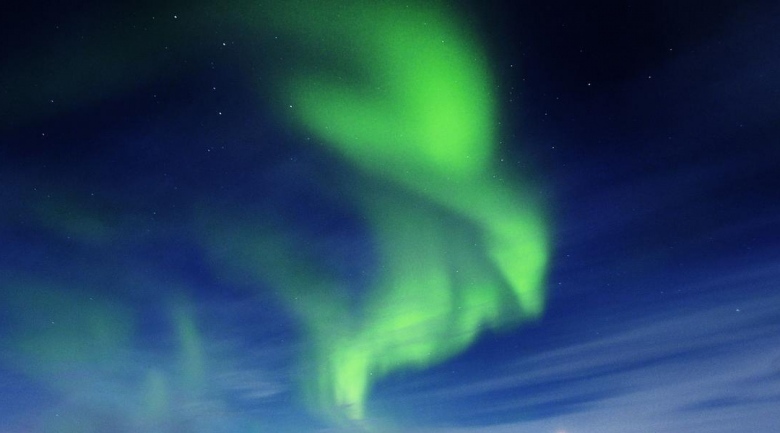
It was only a split-second burst of radio waves, but what a radio telescope detected has scientists excited about pulses that seem to be originating in deep space. What’s exciting about this find, is that it’s the first time such a “fast radio burst” was detected by an instrument other than the Parkes radio telescope in Australia.
Prior to the pulse’s detection, which was made at the Arecibo Observatory on Nov. 2, 2012, there was still speculation that the radio waves could be originating from on or near Earth. That’s not the case anymore. “Our result is important because it eliminates any doubt that these radio bursts are truly of cosmic origin,” Victoria Kaspi, McGill University astrophysics professor and the principal investigator for this study, said in a statement. “The radio waves show every sign of having come from far outside our galaxy, a really exciting prospect.”
Just what is causing these bursts though remains a mystery, but possibilities include evaporating black holes, merging neutron stars or flares sent from magnetars, which McGill described as “a type of neutron star with extremely powerful magnetic fields.”
“We really have no handle on what they are,” lead author of the study, Laura Spitler, who discovered the phenomenon while doing doctoral research at Cornell University and is now at the Max Planck Institute for Radio Astronomy, said. “Scientists are highly skeptical of such discoveries … [that] all of the bursts up until now had been discovered by the Parkes telescope was a cause of concern.
Now, with the discovery of a burst from Arecibo, we are more confident that FRBs are astrophysical phenomena, and discovering and classifying them should be a priority of radio astronomical observatories in the future.”
